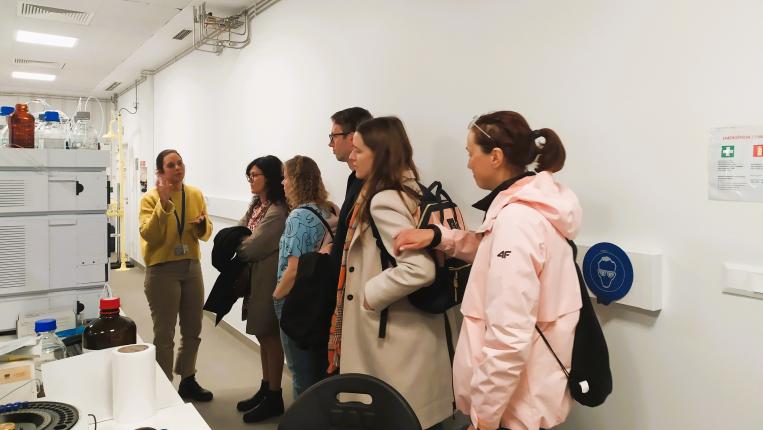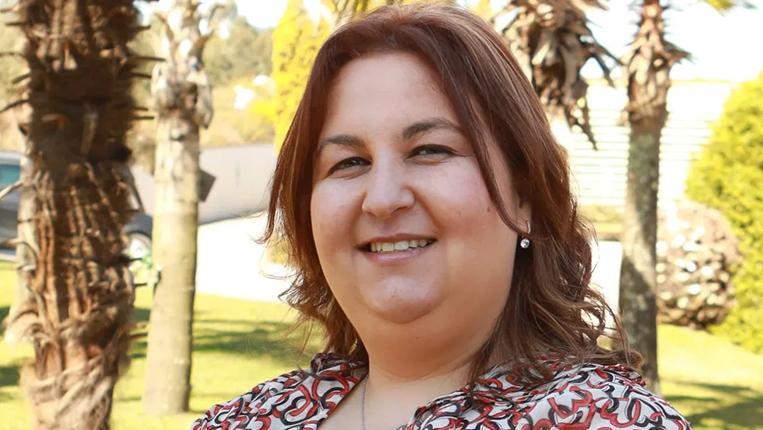Founded in 1984, the Biotechnology School (ESB) is a part of the Porto Regional Center (CRP) of the Universidade Católica Portuguesa (Portuguese Catholic University, or UCP) and currently runs a full range of University activities under the leadership of its Dean, Professor Paula Castro. Of major importance are activities in Higher Education (Undergraduate, Master’s and PhD degrees and Postgraduate diplomas), Research and Development (fundamental and applied, laboratory and non-laboratory, scientific and technological) and Extension activities with the primary, secondary and tertiary sectors (through services and continuing education).
Three Undergraduate Degrees (First cycle of studies) are offered, one of them with three Majors:
- Microbiology (6 semesters, 180 ECTS)
- Nutritional Sciences (8 semesters, 240 ECTS)
- Liberal Sciences (6 semesters, 180 ECTS)
- Bioengineering (6 semesters, 180 ECTS), with Majors in Food Engineering, Environmental Engineering and Biomedical Engineering.
The ESB also offers four Master’s degrees (Second cycle):
- Biotechnology and Innovation
- Biotechnology for the Bioeconomy
- Food Engineering
- Biomedical Engineering
- Applied Microbiology
- European Masters in European Master of Science in Sustainable Food Systems Engineering, Technology and Business (BiFTec-FOOD4S)
In addition, several Postgraduate diploma courses are also available:
- Oenology
- Food Innovation – including an option in Circular and Sustainable Design of Water Systems.
- Nutrition and Aging
- Nutrition, Endocrinology & Management
- Nutrition, Psychology and Health
- Pediatric Nutrition
- Food Safety Data Science in Biomedicine
- Innovation for Sustainable and Regenerative Business
At the most advanced level training (Third cycle) the ESB offers two Doctoral programs:
At ESB research takes place in its research center, The Center for Biotechnology and Fine Chemistry (CBQF) - an Associate Laboratory with the highest rating (Excellent), whose activities focus on applied biotechnology. The main topics investigated are Food & Nutrition, Environment & Resources, Bio-based Products & Biomedical and Fermentation Solutions.
The Library is specialized in nature, since its collection predominantly consists of documents related to the fields of competence and research that have marked the ESB over the decades. Operating on a free access regime, the library is also open to the community.



